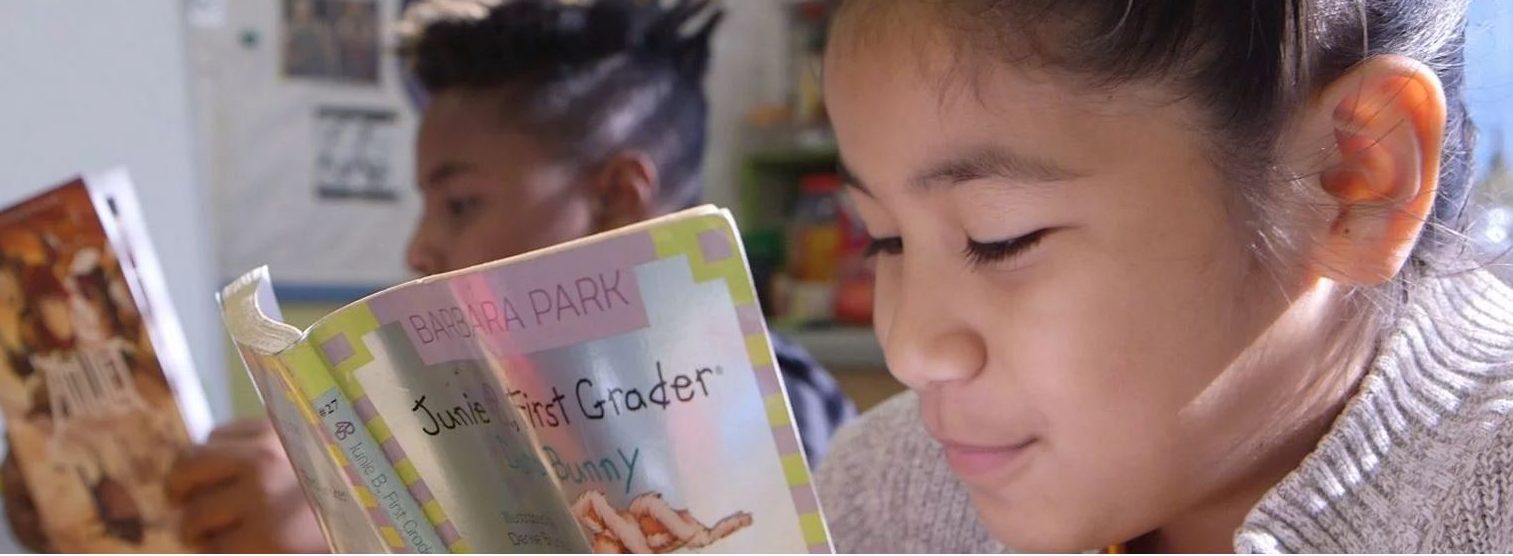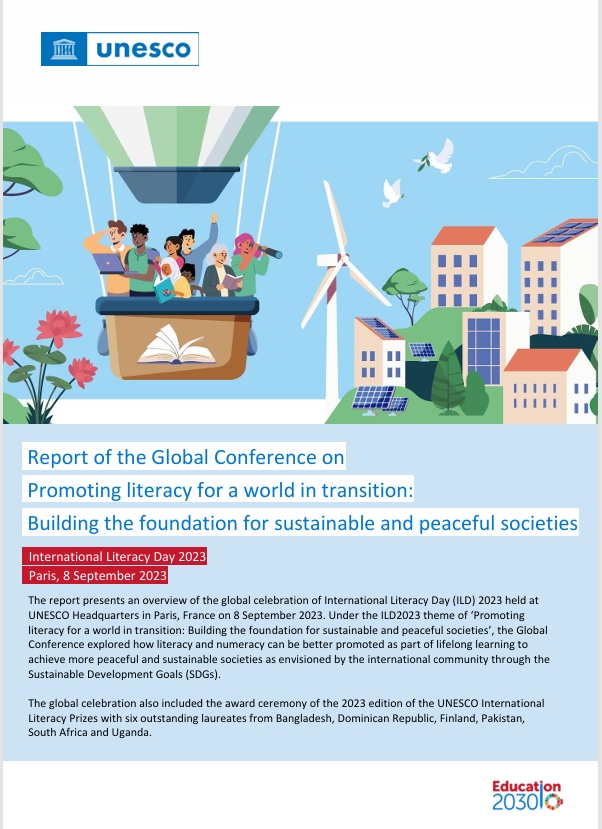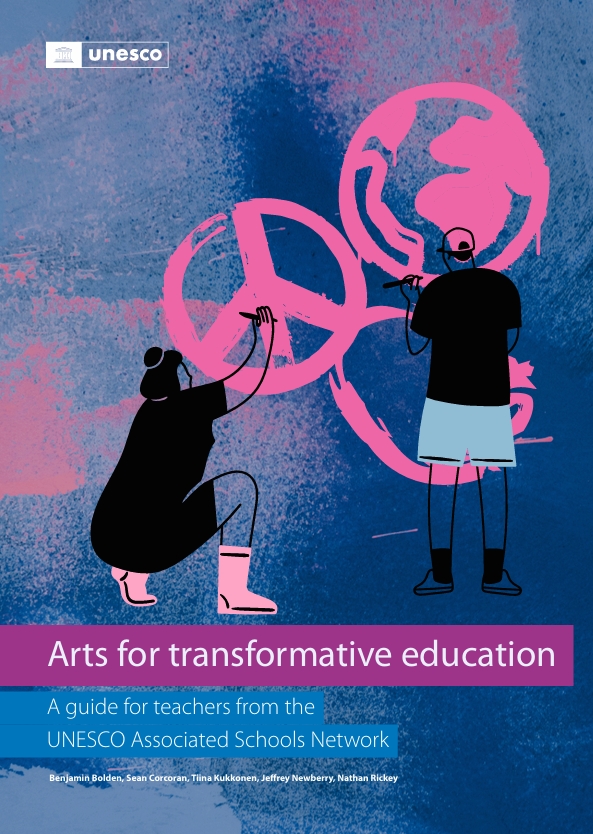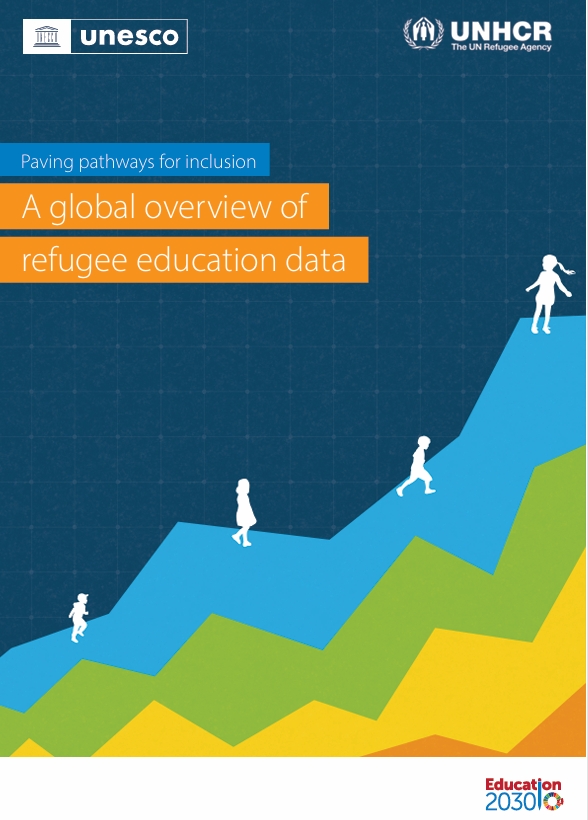Story Source: Edutopia ~ Go to Original Article
Second- and third-grade students at Reach Academy in Oakland, California, are huddled quietly together on a rug to hear their teacher, Natalya Gibbs, read Princess Grace. There are no tussles, no chatter, no snickering, as Gibbs pans the book in a half circle so that each student can see the illustrations.
During her own childhood, Gibbs remembers escaping through books, happy to read most anything she could get her hands on. But as she got older, it got harder to find books that resonated with her. “I wanted to see myself reflected in stories because I started to become more aware of my own identity—I am mixed [race] and where do I fit in?” she says……….






